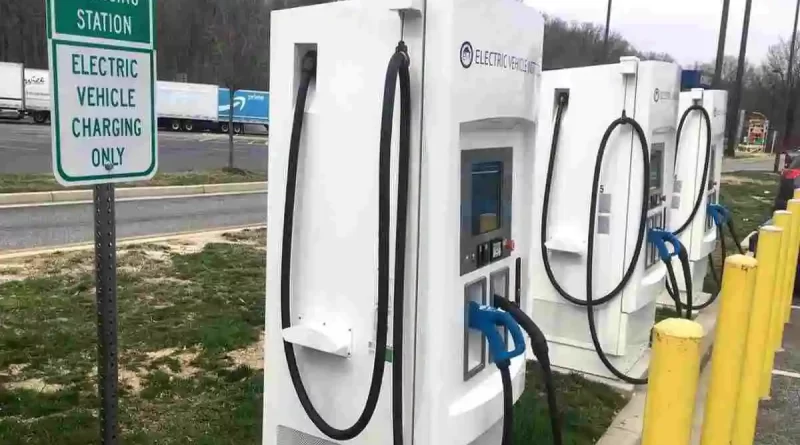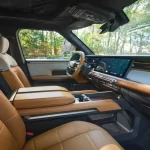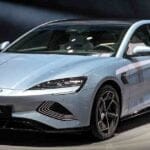Electric Cars Enthusiasts Embrace the Chill as Gas Vehicles Phase Out
With the federal government contemplating the gradual mass replacement of electric cars in place of gas-powered vehicles over the next decade, many drivers are uncertain about how they will cope during cold Prairie days, such as the current week. However, two electric car enthusiasts shared their positive experiences during a talk with the media, expressing their love for driving electric vehicles in the winter.
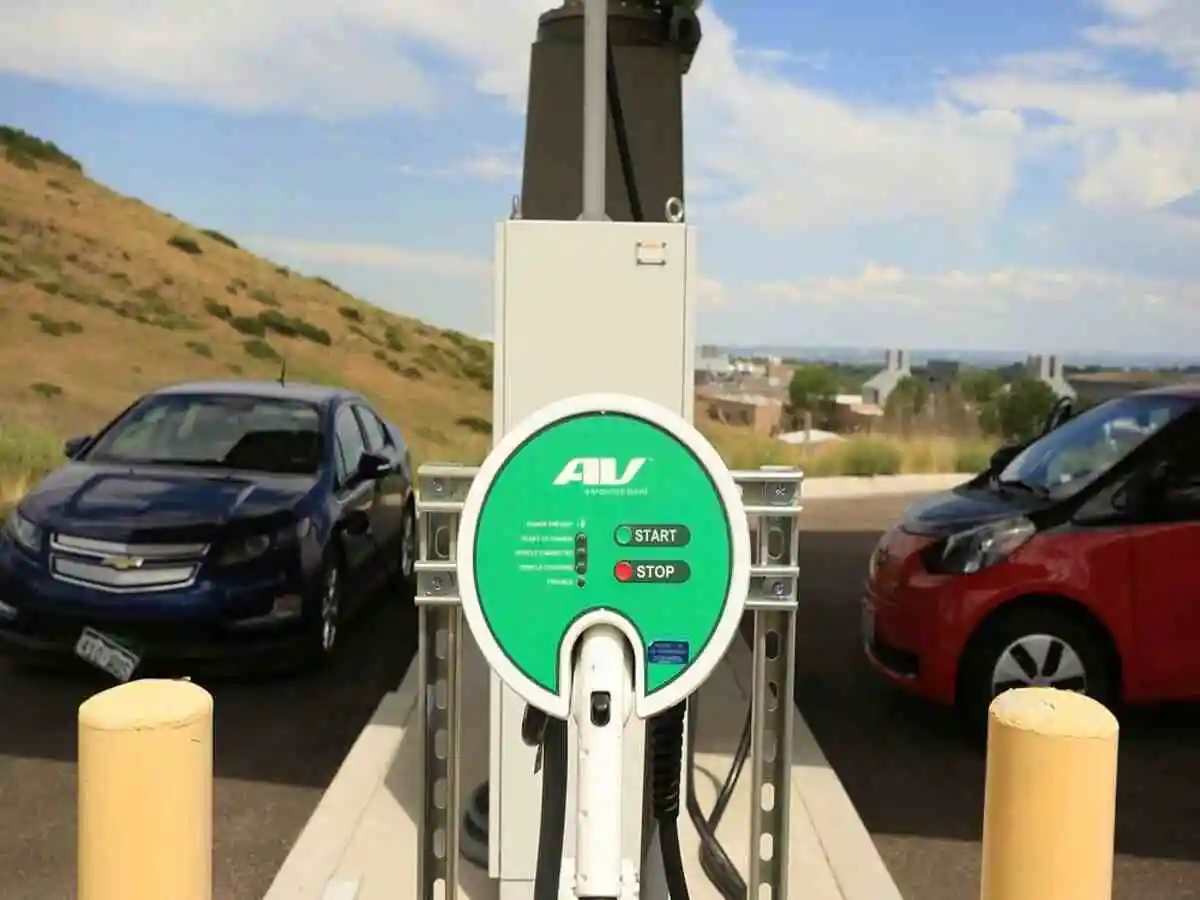
Tyler Krause, a board member of the Saskatchewan Electric Vehicle Association and founder of the Tesla Owners Club of Saskatchewan, emphasized the quicker heating and enhanced reliability of electric cars compared to their gas counterparts. He likened electric vehicles to always being on, similar to a phone or a computer on wheels. While Krause acknowledged the drawback of reduced driving range in extremely cold temperatures, he highlighted the confidence provided by the charging infrastructure in the province.
Matthew Pointer, a Tesla Model 3 owner, agreed with Krause that driving an electric car is a better experience in the winter. Pointer highlighted how self-managing electric cars can be, even when they are not in use, and commended their simplicity. He talked about how easy it is to use a phone app to pre-heat the automobile so that it is warm and defrosted on cold winter mornings.
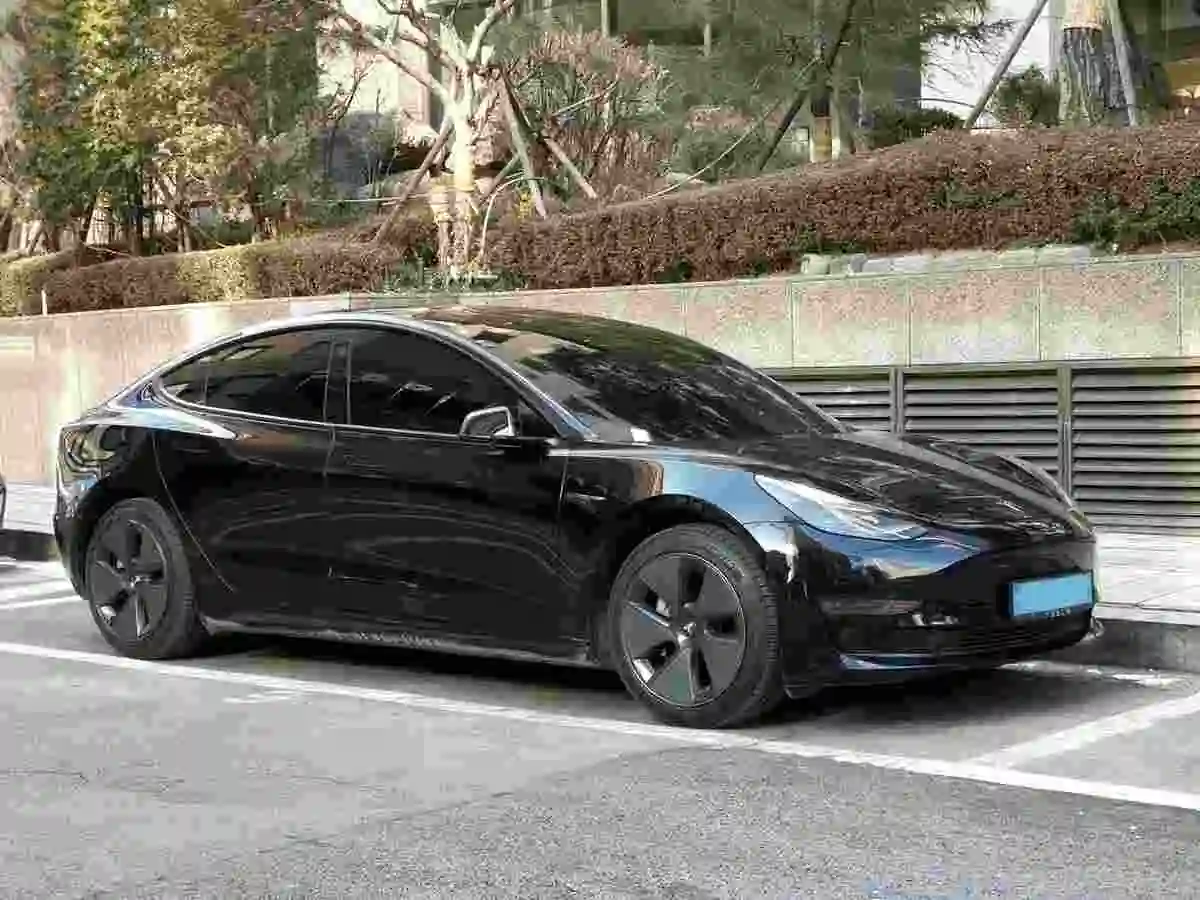
Both Krause and Pointer recognized that battery-electric vehicles may not suit all drivers in the province, especially those covering long distances regularly, particularly in regions with limited charging infrastructure. Nonetheless, in keeping with the goals of the federal government, they suggested plug-in hybrid cars as a practical choice. With some of the advantages of electric automobiles, such as lower fuel prices, these cars provide the comforts of driving a gasoline car.
Discussing fuel savings, Krause mentioned that charging an average-size battery (around 70 kilowatt-hours) from zero to 100 percent at home, with an electricity rate of approximately 14 cents per kWh, costs about. Pointer emphasized the “insane” cost savings over five years, estimating savings between $25,000 and $30,000 in fuel and maintenance. They acknowledged the upfront cost barrier for longer-range electric vehicles.
Both enthusiasts expressed a desire for more charging stations in small towns in Saskatchewan. They suggested that towns consider the advantages of having visitors spend time in the downtown area during charging sessions, potentially revitalizing main streets and encouraging business in local establishments.

